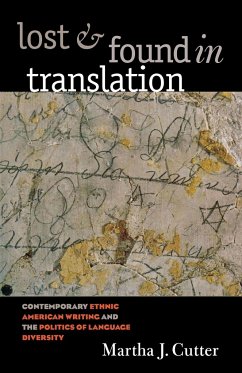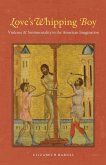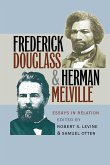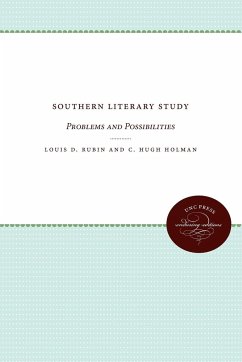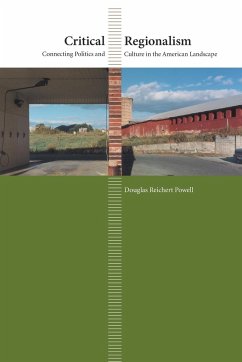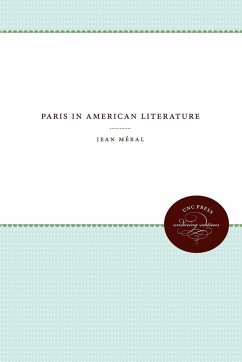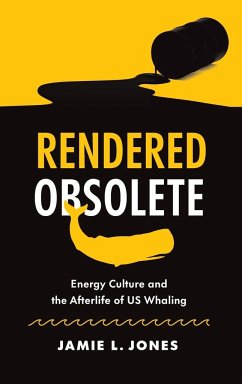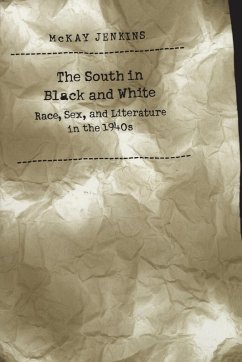Starting with Salman Rushdie's assertion that even though something is always lost in translation, something can always be gained, Martha Cutter examines the trope of translation in twenty English-language novels and autobiographies by contemporary ethnic American writers. She argues that these works advocate a politics of language diversity--a literary and social agenda that validates the multiplicity of ethnic cultures and tongues in the United States. Cutter studies works by Asian American, Native American, African American, and Mexican American authors. She argues that translation between cultures, languages, and dialects creates a new language that, in its diversity, constitutes the true heritage of the United States. Through the metaphor of translation, Cutter demonstrates, writers such as Maxine Hong Kingston, Sherman Alexie, Toni Morrison, and Richard Rodriguez establish a place within American society for the many languages spoken by multiethnic and multicultural individuals. Cutter concludes with an analysis of contemporary debates over language policy, such as English-only legislation, the recognition of Ebonics, and the growing acceptance of bilingualism. The focus on translation by so many multiethnic writers, she contends, offers hope in our postmodern culture for a new condition in which creatively fused languages renovate the communications of the dominant society and create new kinds of identity for multicultural individuals.
Hinweis: Dieser Artikel kann nur an eine deutsche Lieferadresse ausgeliefert werden.
Hinweis: Dieser Artikel kann nur an eine deutsche Lieferadresse ausgeliefert werden.

